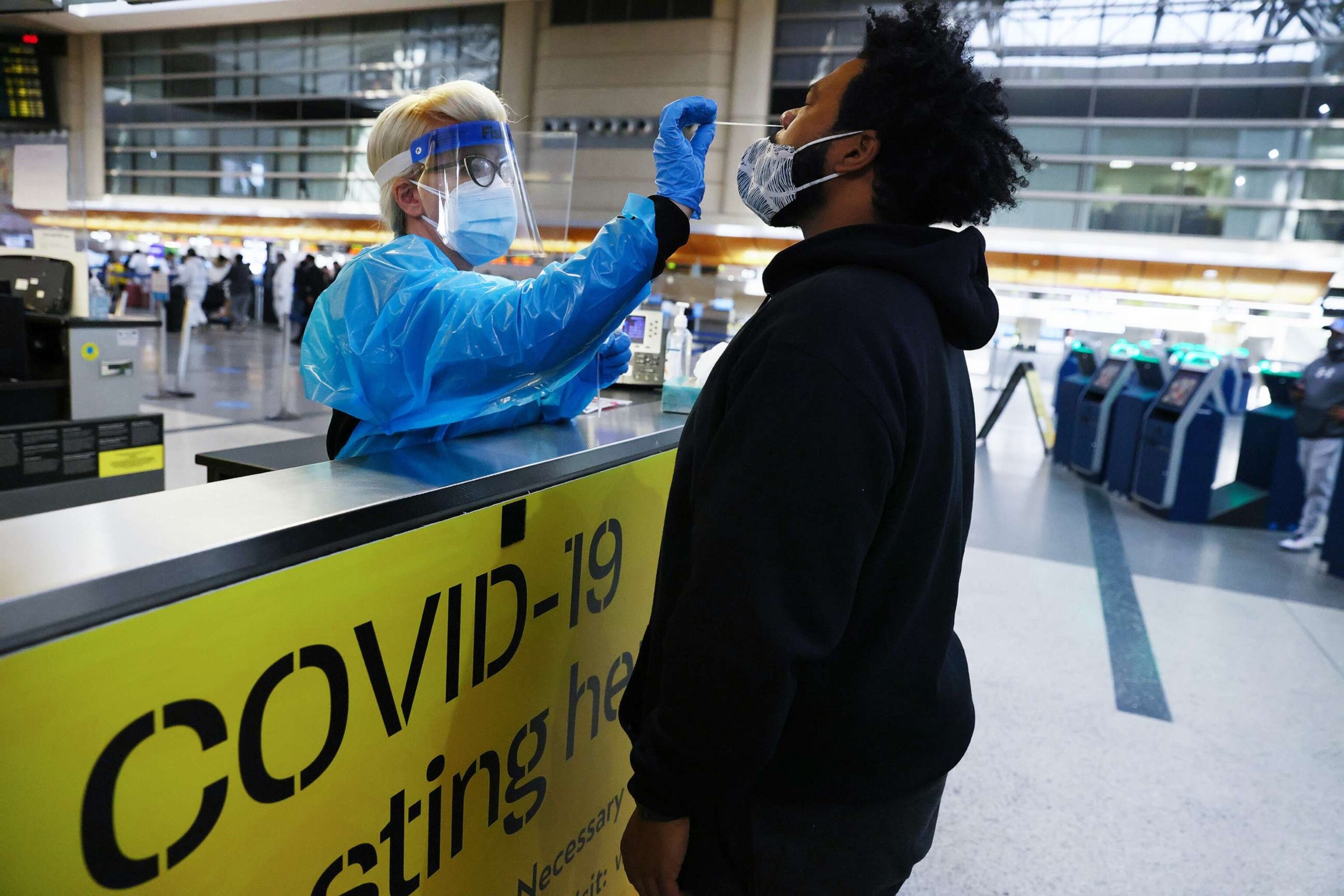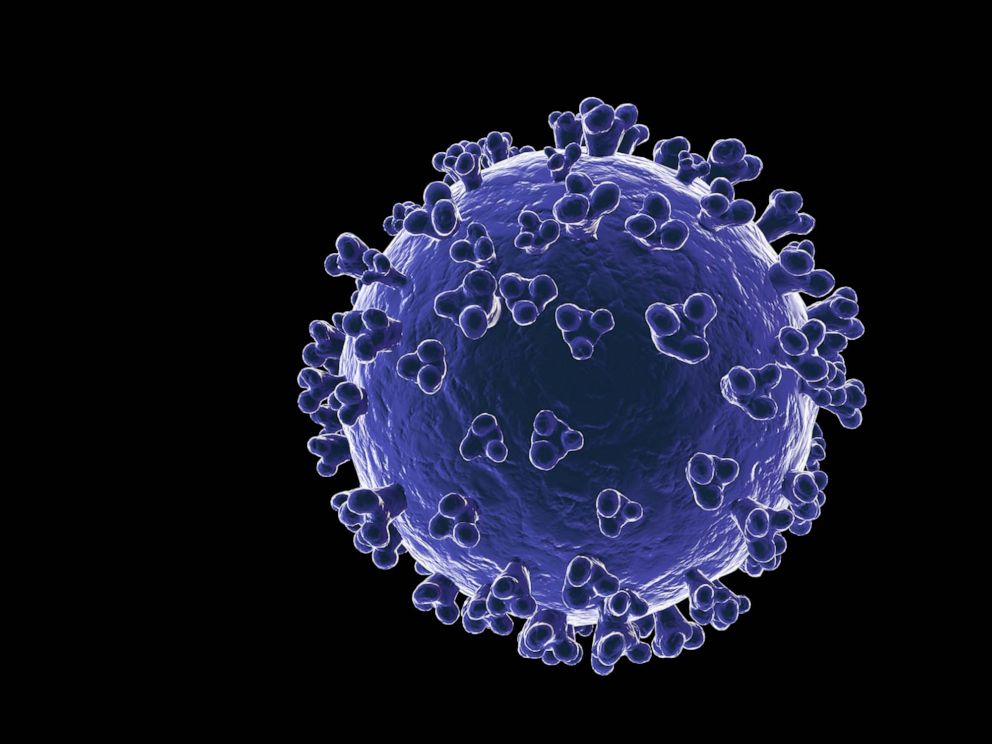CDC tracking new COVID lineage BA.2.86 after it was detected in the US
BA.2.86 has been detected on three continents so far, data shows.
The Centers for Disease Control and Prevention said it is tracking a new lineage of the virus that causes COVID-19 after it was detected in the United States.
Named BA.2.86, the strain was first detected in Denmark on July 24 of this year, then Israel, followed by Michigan in August for a total of four cases, according to the open global genome sequencing database GISAID.
"Today we are more prepared than ever to detect and respond to changes in the COVID-19 virus," a CDC spokesperson told ABC News. "Scientists are working now to understand more about the newly identified lineage in these for cases and we will share more information as it becomes available."
According to lab data, BA.2.86 has more than 30 mutations in total, much more than other variants currently circulating.
"Based on the available evidence, we do not yet know what risks, if any, this may pose to the public's health beyond what has been seen with other currently circulating lineages," the spokesperson said.

On Thursday, the World Health Organization listed BA.2.86 as a "variant under monitoring" also due to its large number of mutations.
Experts told ABC News that even though the number of cases spotted in laboratories is low, the fact that the variant has been detected on three continents suggests a high level of transmissibility and that there could be more cases out there.
"The reason that scientists are concerned, I think it's the numbers of mutations plus the fact that the four sequences were found on three continents," said Dr. John Brownstein, an epidemiologist and chief innovation officer at Boston Children's Hospital. "So that does tell you that it has some level of fitness, to be able to spread and potentially escape the immune system to create infection, but we don't know the extent."
Brownstein, an ABC news contributor, said the number of mutations, particularly on the spike protein, which the virus uses to enter and infect cells indicates "features of a variant that could take off."
However, he explained that because there's been no real-world data observation done yet, there's no cause for alarm, just for continued public surveillance.
Recently, CDC data has shown COVID hospitalizations are increasing. For the week ending Aug. 5, hospitalizations rose 14.3% from 9,026 to 10,320 weekly hospitalizations.
Although a double-digit percentage increase seems scary, experts said it's important to remember hospitalizations are much lower than during other surges such as the omicron surge of winter 2021-22.
Dr. Peter Chin-Hong, an infectious diseases specialist at the University of California, San Francisco, said there is a combination of immunity from vaccines, boosters, previous infection and multiple infections that would stem any potential surge from BA.2.86 or at least lessen the severity.
"Many people won't get ill because the population has been so exposed with lots of different kinds of COVID and variants and vaccines and previous infections," he told ABC News. "So, the body's immune system has already seen a lot of the repertoire of COVID in all different angles. So, it's unlikely even if it takes off that it will result in a huge wave of illness."

He added, "For example, if BA.2.86 came in March of 2020, it probably would be a different story, given the lack of population immunity, the repertoire of the immune response in people, then compared to now."
Until more information is learned about BA.2.864, the CDC said its "advice on protecting yourself from COVID-19 remains the same."
ABC News' Sony Salzman contributed to this report.



